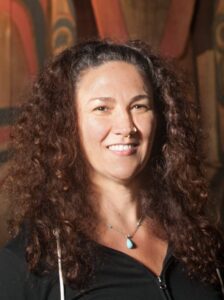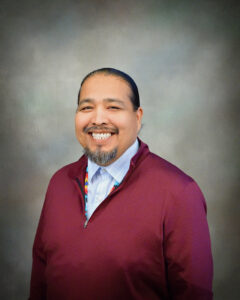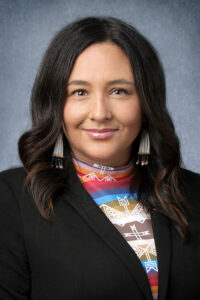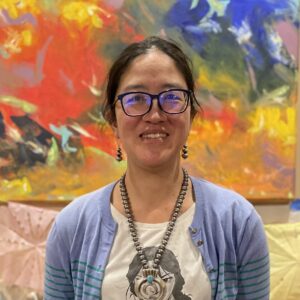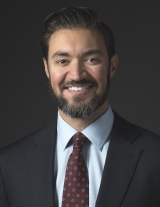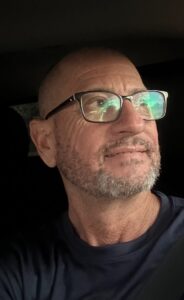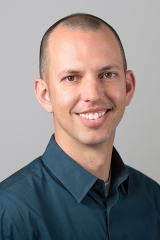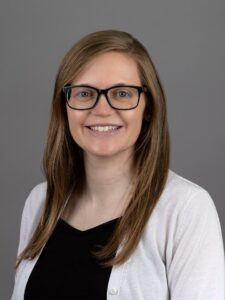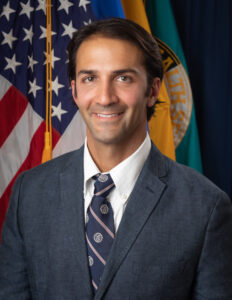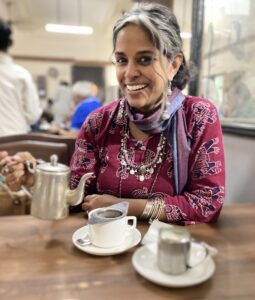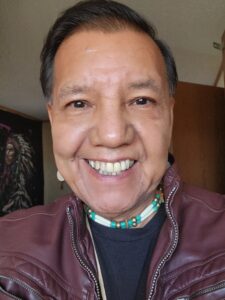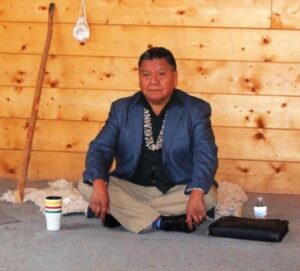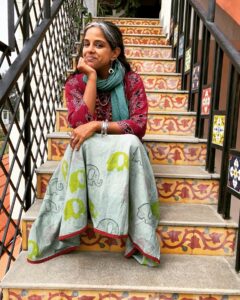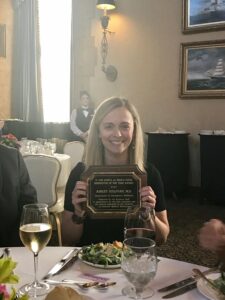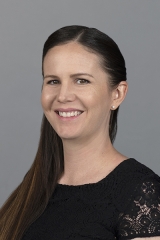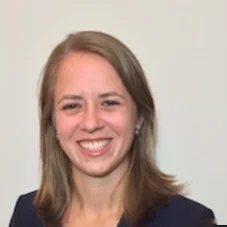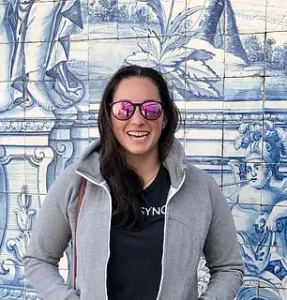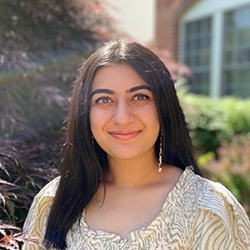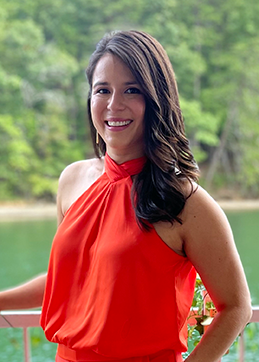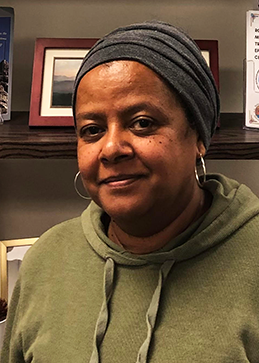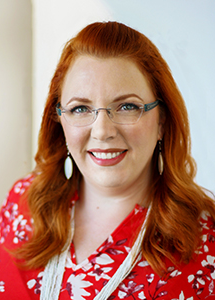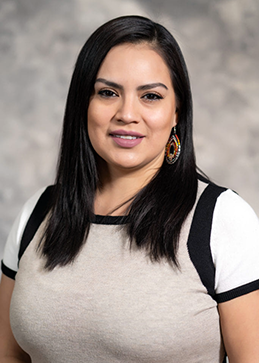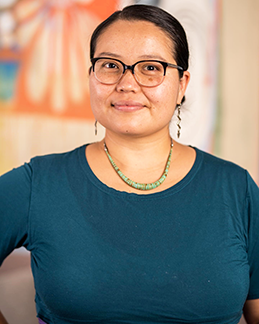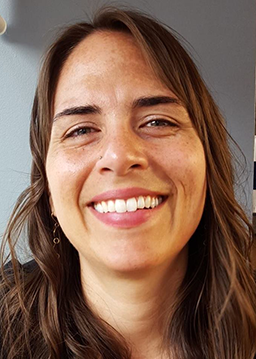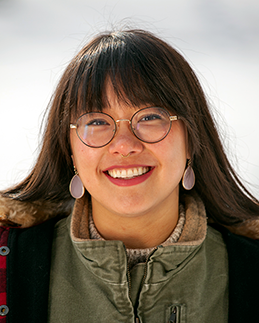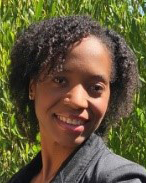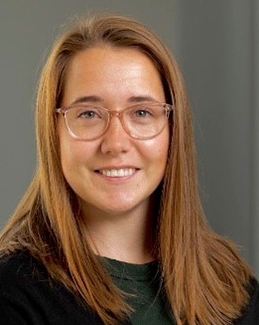Journey to Health ECHO | July 28th, 2022
Date of Presentation: July 28, 2022
Type: Past Presentation
Audience: Clinical Community
Program: Journey to Health
Keywords: #ACEs #Adverse Childhood Experiences #aian #child abuse #child neglect #Community healing #Culture as prevention #health #historical trauma #intimate partner violence #Screening #sexual assault #traditional indigenous knowledge #trauma
In this series of presentations, Danica Brown, Maleah Nore, and Al Whitemore provide an overview of why it is important to screen for child abuse and neglect, sexual violence, intimate partner violence, youth violence, and ACEs, with a focus on resiliency screening questions from a non-nuclear family orientation that are more culture and community-based. This session also provides an overview of how to screen for and respond to child abuse and neglect, sexual violence, intimate partner violence, youth violence, and ACEs.
Recording:
Presented by:
Dr. Danica Brown, Maleah Nore, and Al Whitemore
Danica Love Brown, PhD, MSW, CACIII, is a citizen of the Choctaw Nation of Oklahoma born and raised in Northern New Mexico. Danica is the Behavioral Health Director at the Northwest Portland Area Indian Health Board and has worked as a mental health and substance use counselor, social worker, and youth advocate for over 20 years. Danica is an Indigenous Wellness Research Institute ISMART fellow alumni, Council of Social Work Education, Minority Fellowship Program fellow alumni, and Northwest Native American Research Center for Health fellow alumni. Her research has focused on Indigenous Ways of Knowing and decolonizing methodologies to address historical trauma and health disparities in Tribal communities.
Maleah Nore, is a member of the Tlingit Nation from Wrangell, Alaska. She is the Tribal Health – Reaching out InVolves Everyone (THRIVE) Suicide Prevention Project Coordinator at the Northwest Portland Area Indian Health Board (NPAIHB). She provides technical assistance, training, and data dissemination efforts for the tribes of the Pacific Northwest and coordinates the annual THRIVE Suicide Prevention Conference for Youth. Maleah graduated from Dartmouth College in 2020 with a B. A. in Psychology and a minor in Women, Gender, and Sexuality Studies. She has been involved in grassroots and non-profit violence prevention for over four years. Maleah’s work focuses on bolstering resilience amongst tribal communities and youth and creating systems that effectively support people during times of distress.
Alison “Al” Whitemore, LCSW, RPT, is an enrolled tribal member of Round Valley Indian Tribes. She has 25 years of experience in social work bringing collaborative approaches in Neuro-relational, Ecological, Developmental and Cultural frameworks in Indigenous mental health and wellness. She works to be in right relationship with Mother Earth and the imperative social justice movements of our time. As well, she grapples to subvert colonial approaches by connecting with traditional ways of thinking to restore health and wellbeing to our communities. Al has been privileged to work in both Tribal public health programs and with national Native organizations, currently focusing her energies on strengthening the relational health of families. As a current Napa Parent/Infant Mental Health Fellow, Al is expanding her understanding of how we nurture the development of our infants and young children.
Resources Provided:
- Link - To claim CNE/CME/CPE/Social Work Continuing Education Credits
- PDF - Continuing Education Credit Disclosures
- Article - Adverse Childhood Experiences, Outcomes, and Interventions (Pediatric Clinics of North America)
- Article - Improving the Response of Primary Care Providers to Rural First Nation Women who Experience Intimate Partner Violence: A Qualitative Study (BMC Women's Health)
- Article - Toxic Stress in Children and Adolescents (Advances in Pediatrics)
- Link - Aboriginal Children’s Health and Wellbeing Measure (ACHWM)
- Link - ACEs Aware
- Link - Adverse Childhood Experiences (CDC)
- Link - Child Abuse and Neglect Prevention (CDC)
- Link - Domestic Violence Prevention and Sexual Assault Training (ANTHC)
- Link - Intimate Partner Violence Screening: Fact Sheet And Resources (AHRQQ)
- Link - Intimate Partner Violence Triangle (NIWRC)
- Link - The National Child Traumatic Stress Network
- Link - Native Wellness Assessment (Thunderbird Partnership Foundation)
- Link - Nonviolence Equality Wheel (NCDSV)
- Link - Primary Care–Based Interventions for Intimate Partner Violence (AJPM)
- Link - Strong Hearts Native Helpline (Call 1-844-7NATIVE)
- Link - Understanding the Power and Control Wheel (Domestic Abuse Intervention Project)
- PDF - Benevolent Childhood Experiences and Resillience Questionnaires
- PDF - Intimate Partner Violence and Sexual Violence Victimization Assessment Instruments for Use in Healthcare Settings (CDC)
- PDF - Long Term Resonance of Benevoent Childhood Experiences amoung Indigenous Young Adults
- PDF - Positive Childhood Experiences Predict less Psychopathology and Stress in Pregnant Women with Childhood Adversity (IJCAN)
- PDF - Preventing IPV Across the Lifespan: A Technical Package of Programs, Policies, and Practices (CDC)
- PDF - Roadmap for Resilience The California Surgeon General’s Report on Adverse Childhood Experiences, Toxic Stress, and Health (CA Surgeon General)
- PDF - Trauma and Resilience in Native Communities (CRIHB)
- Video - ACEs (Sonoma County Indian Health Inc.)
- Video - Cultural Abuse 101 (StrongHearts Native Helpline)
- Video - Domestic Violence 101 (NPAIHB & Stronghearts)
- Video - Understanding the Dynamics and Tactics of Intimate Partner Violence through the Lens of Indigenous Survivors (NIWRC)
- Journey to Health ECHO - Agenda (July 27, 2022)
- Journey to Health ECHO - Didactic Presentation (July 27, 2022)
Date added: July 28, 2022
